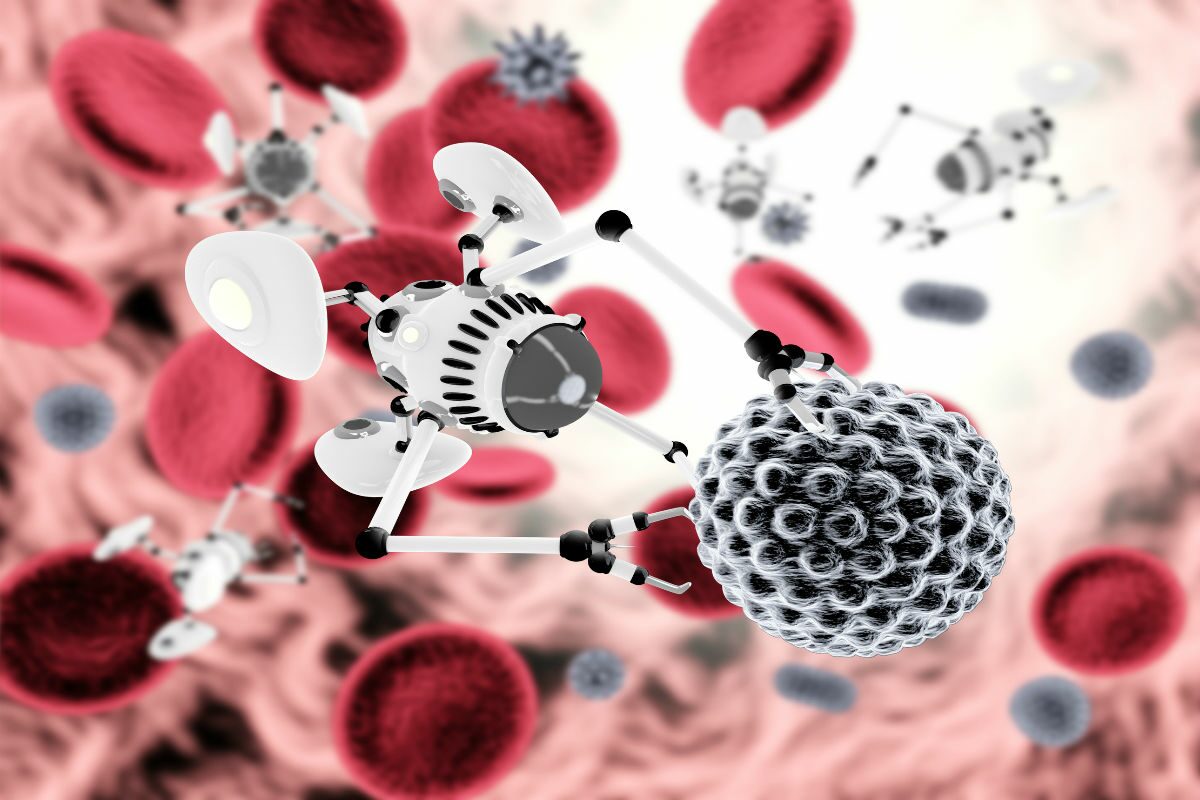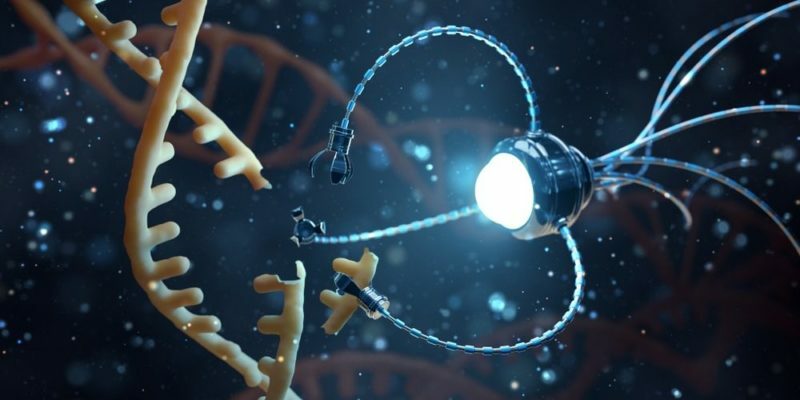Nanotechnology and medicine: are they compatible?

Considering the application of nanotechnology in medicine should already be something common, because we are facing the future of this scientific branch. Medicine has been in charge for years of finding solutions to different pathologies without reaching a considerable success rate.
But the implementation of nanomedicine could easily be the key that leads to a cure for diseases that were believed impossible to cure.
In general, this has translated into hundreds of studies focused on mixing two sciences to reach new standards.
What is the application of nanotechnology in medicine?
When talking about nanotechnology it is necessary to establish certain conceptual parameters that help to understand what is being talked about. The prefix “nano” refers to a measurement, specifically, one millionth of a millimeter.
This leaves us with a fairly small molecule, the size of an amino acid or a virus, microscopic elements, but of great relevance.

Continuing with the above, the use of this technology within the field of health is limited to the development of molecules with special characteristics. From activating innate responses, to improving the effect of multiple medications.
Some practical examples of nanotechnology in medicine
For example, if a molecule can be engineered to detect and destroy a cell with specific characteristics, this could help cure cancer.
In addition, the possibility of making use of selectivity reduces the risk of adverse effects, allowing treatments to be applied without associated complications.
Making way for nanotechnology in medicine is not difficult, since the number of preventive and curative procedures that could be done are infinite. Improving quality of life, correcting birth defects and lengthening life are just some of the goals.
Practically, with nanotechnology it will be possible to regenerate tissues in the near future; undeniably a horizon that must be explored in favor of human health.
What benefits would the implementation of this technology have?
Fear is one of the most entrenched instincts of the human being. In itself, it protects us from danger and even helps us to be alert. But not always focusing on fear is good.
When the mixture between these sciences began to be considered, many thought that it would be chaotic. And it is understandable, considering that we are talking about modifying elements that are in our DNA or in the composition of our body, but progress is necessary.
While many were channeled into denying the use of nanotechnology in medicine, due to ignorance, others decided to explore.
Total advantages of nanotechnology in health
Let's start with molecular diagnostics, this area has made it possible to create methods to analyze cell function and discover cancer at an early stage.
Likewise, the implementation of molecular therapy has helped to attack specific areas and cells, reducing the rate of damage to surrounding areas. An incredible advance in the treatment of this pathology that currently involves high rates of adverse effects.
On the other hand, "nanoregeneration" is an area still under study that will give way to the possibility of replacing damaged tissues. Incidentally, this would mean the ability to perform transplants with custom-made organs.
Is this the future of conventional medicine?
Analyzing the future of nanotechnology in medicine is somewhat complicated considering that it is a technology with a limited application and still under study.
But it could be said that within a short time this will rise as one of the bases in the diagnostic and resolution process of diseases.
Unquestionably, medicine is a science that never stops exploring new horizons, the study of life and the possibilities of preserving it.
For this reason, it is easy to predict that any technology that allows the cure of pathologies such as cancer to be made tangible will be taken with great fervour. We may be facing a new era, where molecular medicine begins to show the incredible benefits that it is ready to offer.
